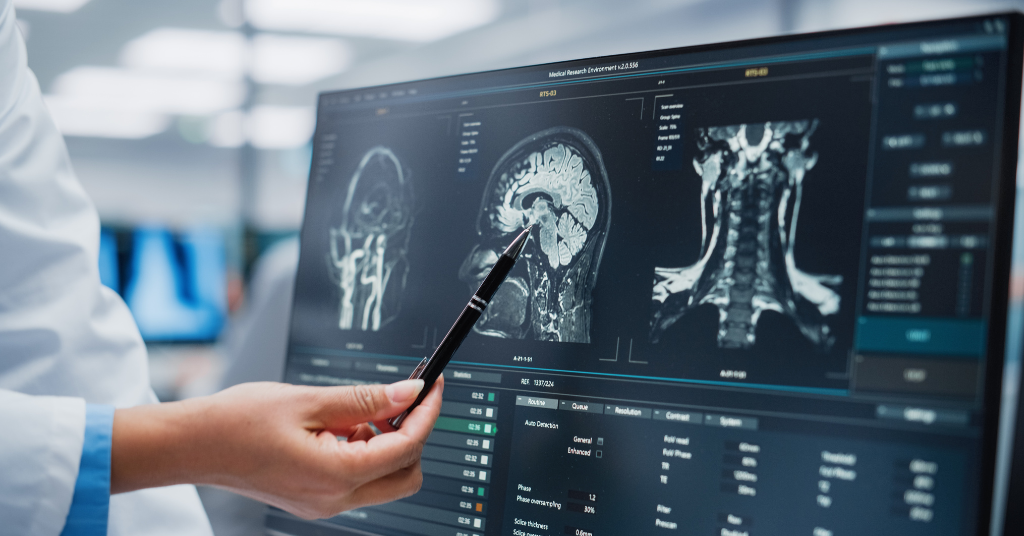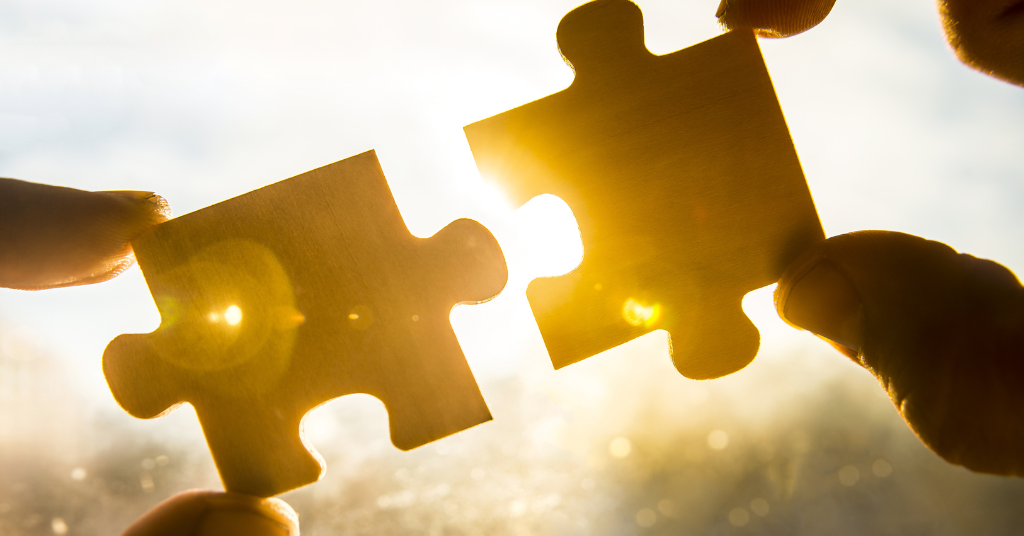
Do’s and don’ts for medical practitioners of deaf patients
November 12, 2021
Why Egypt’s newborn hearing screening initiative is important for the rest of the world
November 17, 2021Osteoporosis and the risk of hearing loss in women

As part of the Conservation of Hearing Study (CHEARS), researchers from Brigham and Women’s Hospital in Boston carried out a longitudinal study to see if osteoporosis and low bone density influences the risk of hearing loss in women.
Does Osteoporosis Affect Hearing Loss?
The researchers analyzed data from over 143,000 women to see if osteoporosis and low bone density influences the risk of hearing loss in women. They were followed for up to 34 years.
The study was published earlier this year in the Journal of the American Geriatric Society. It found that risk of subsequent hearing loss (worsening loss or a new moderate loss) was up to 40 percent higher in women with osteoporosis or low bone density than those without.
“Researchers found that the risk of moderate hearing loss – or worsening hearing loss – was up to 40 percent higher in participants with osteoporosis or low bone density than those without.”
The researchers also found that “a history of vertebral fracture” was associated with up to a 40 percent higher risk of hearing loss. How osteoporosis and low bone density may contribute to age-related hearing loss remain unclear. The researchers suggest that “abnormal bone remodeling” and changes in the pathways involved in maintaining healthy bones may influence the integrity of the bone that protects the nerves and structures involved in hearing. They may also alter ion and fluid metabolism in the cochlea.
Researching Osteoporosis and Hearing Loss
The researchers used data from the decades-long Nurses’ Health Study (NHS and NHS II). These were two large ongoing prospective cohorts of female registered nurses, established in 1976 and 1989, respectively. The 143,899 participants included 60,821 women, aged 36–61 years at baseline, and 83,078 NHS II women, aged 31–48 years at baseline.
Advantages of using data from these well-characterized cohorts include the large study population, extensive array of detailed information, impressive follow-up rates and reliable information on health-related outcomes. The participants are trained health care providers.
A recognized limitation of the study is in terms of the inability to generalize the results because participants are predominantly white. They have similar educational achievements and socio-economic statuses. Further studies examining osteoporosis/LBD and hearing loss in men and non-white women are needed.
Read more: Study: Scientists find gene for age related hearing loss
Can Age-Related Hearing Loss be Prevented by Taking Bisphosphonates?
Bisphosphonates are the primary medication used to prevent fractures in people with low bone density.
“Adult-onset hearing loss is typically irreversible; therefore, CHEARS focuses on identifying potentially modifiable risk factors that may contribute to hearing loss,” said study leader Sharon Curhan, MD, ScM, of the Channing Division of Network Medicine at Brigham. “We were inspired by a recent study that found that bisphosphonates may help prevent noise-induced hearing damage in mice. We wanted to investigate whether bisphosphonates alter risk of hearing loss in adults, in addition to whether there is a longitudinal association between osteoporosis or LBD and risk of subsequent hearing loss.”
The study found that taking bisphosphonates did not alter risk of hearing loss in participants with osteoporosis or low bone density.
Next Steps
The research team plans to examine whether a lack of calcium and/or vitamin D are associated with hearing loss, as these supplements have been shown to help prevent osteoporosis. Previously, the researchers found that eating a healthy diet, staying physically active, not smoking, and maintaining a healthy weight all help reduce the risk of age-related hearing loss.
“Osteoporosis and low bone density may be important contributors to aging-related hearing loss,” Curhan said. “Building lifelong healthy diet and lifestyle habits could provide important benefits for protecting bone and hearing health in the future.”
- Author Details




